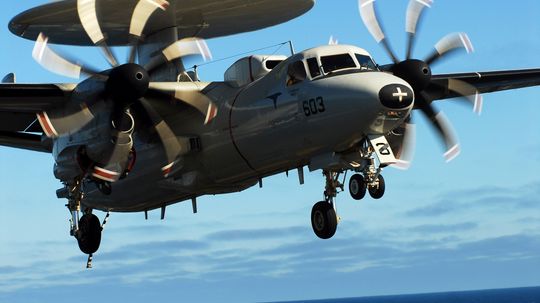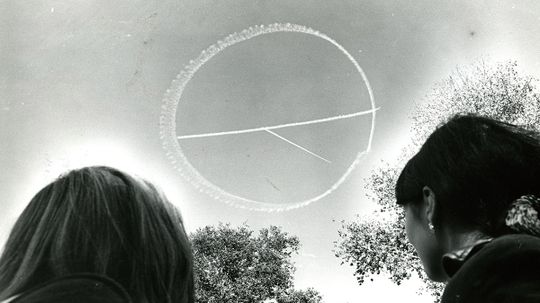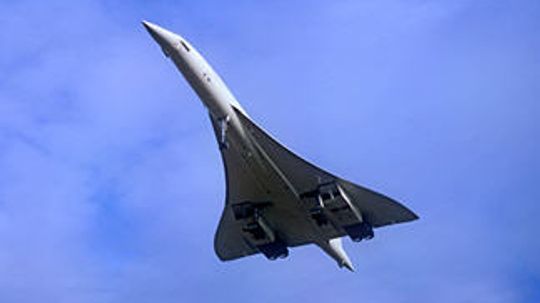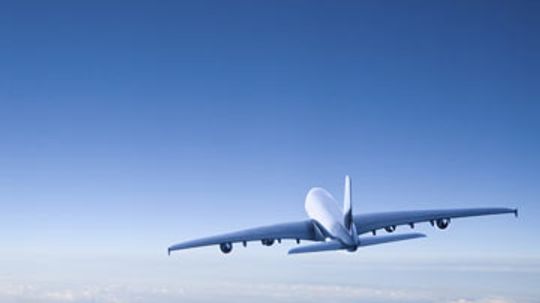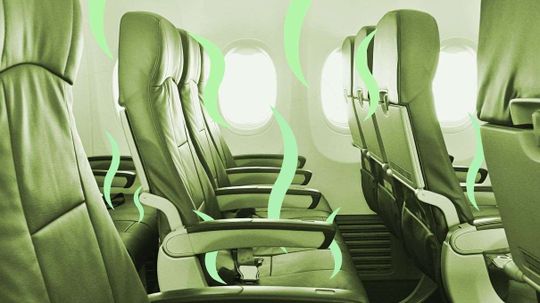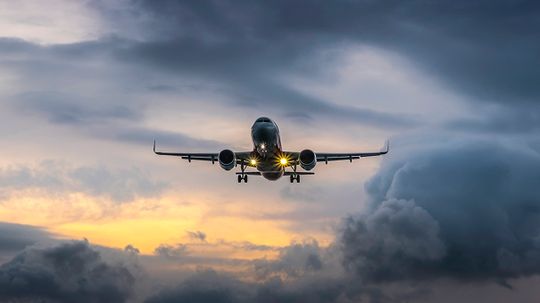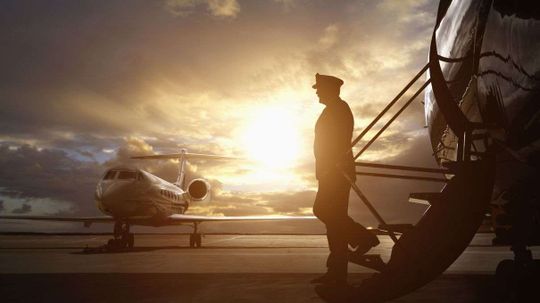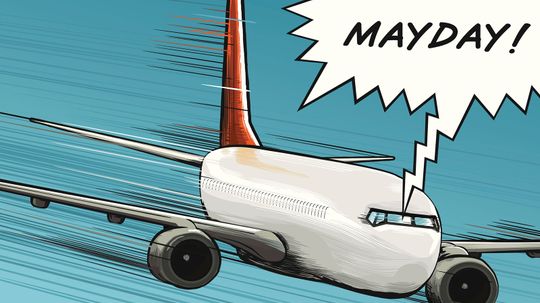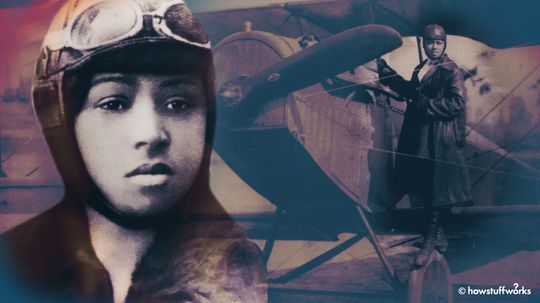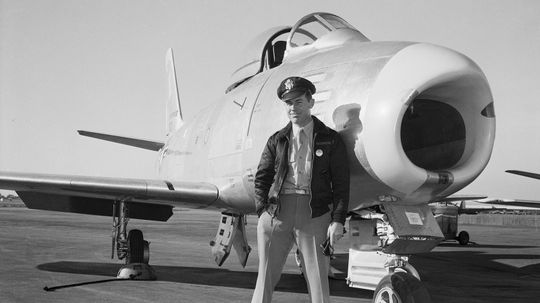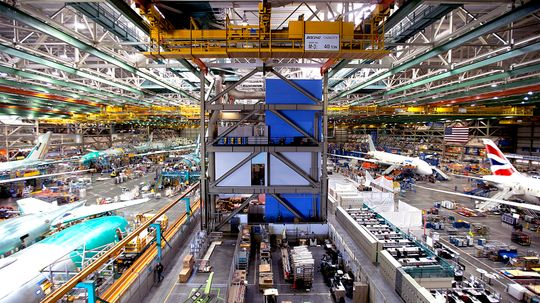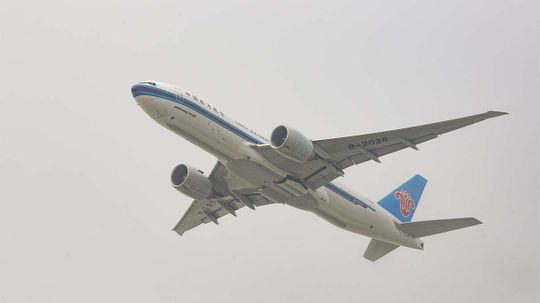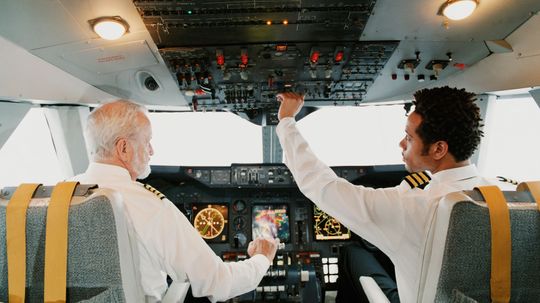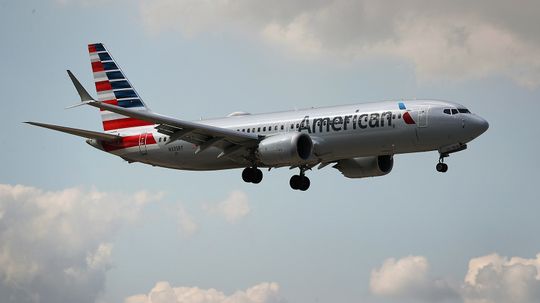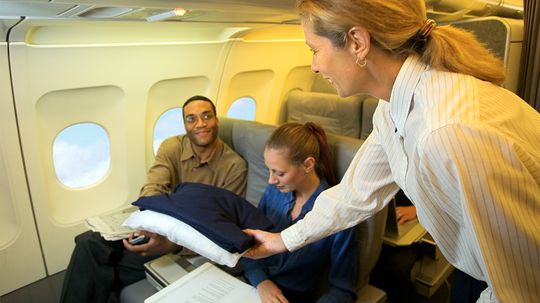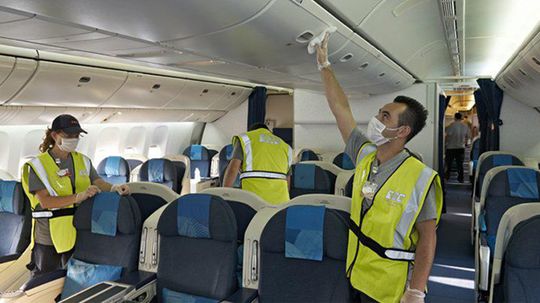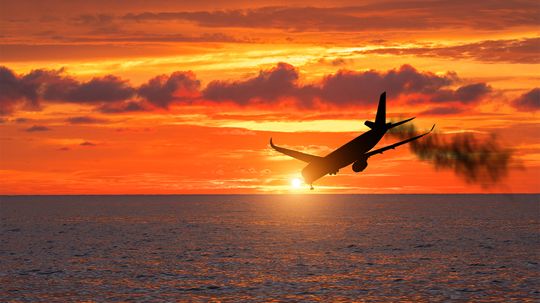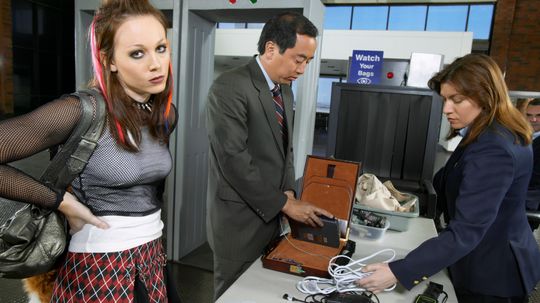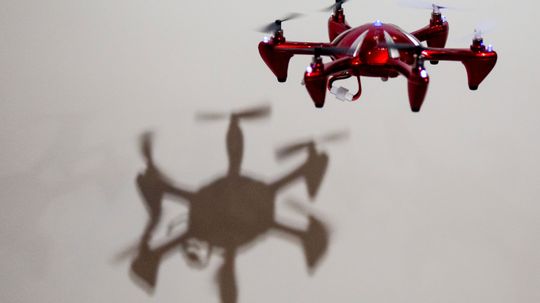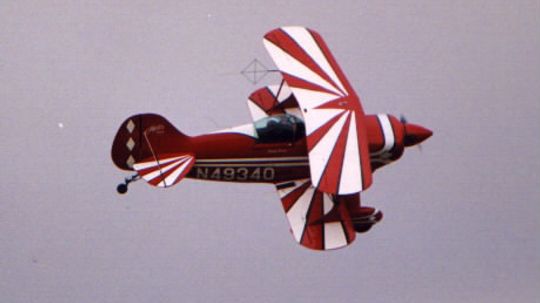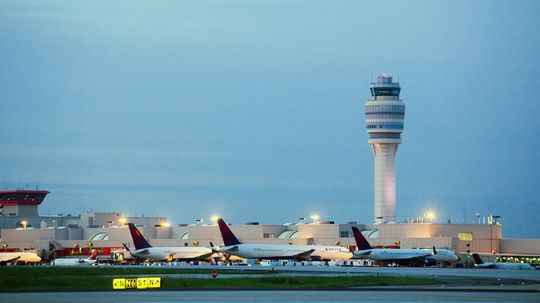Flight
Flight is truly one of the most amazing engineering feats man has achieved. This collection of flight articles will show you some of the coolest aircraft ever created.

Steampunk Blimps: Airships that Will Take You Back to the Future
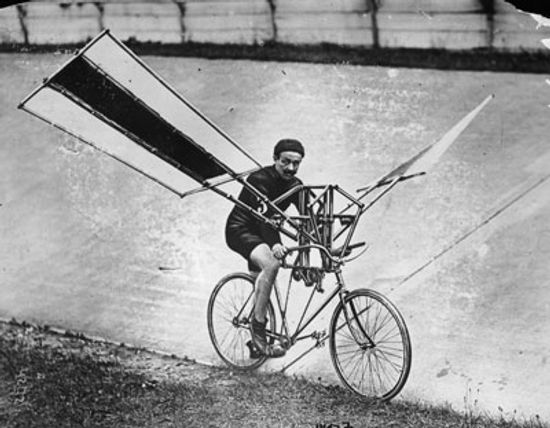
The History of Flight and 10 Bungled Attempts at It
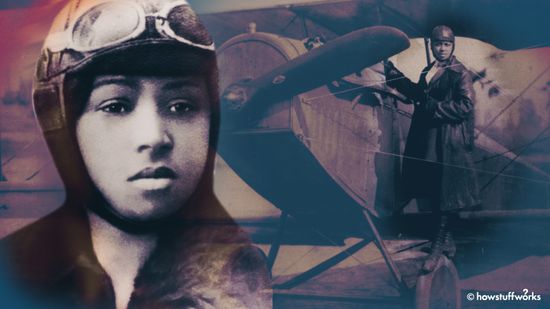
Bessie Coleman: America's First Black Female Aviatrix

8 Safest Airlines in the U.S. (Hint: No. 3 Crosses the Pacific Regularly)

The Longest Flight in the World Takes Almost 19 Hours
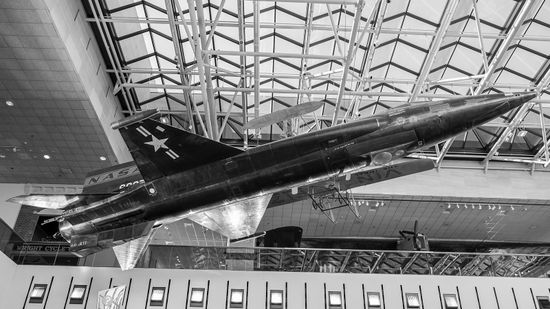
The Fastest Fighter Jet in History: The NASA X-43

Windowless Airplanes: The Future of Flight?
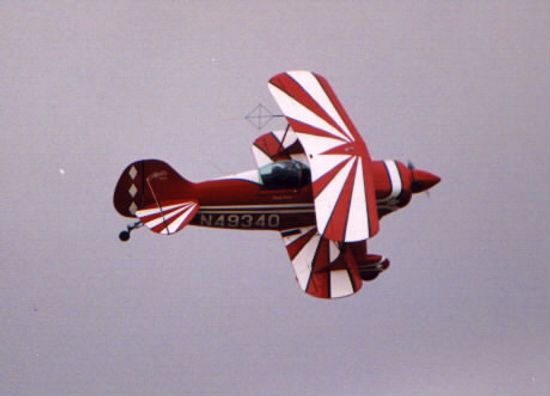
How Aerobatics Works
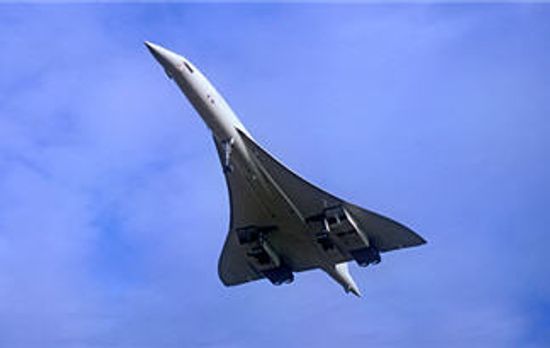
What is the future of supersonic flight?
Learn More / Page 3
In the world of flight, it's a fine line between flying high and falling fast. Can you name 10 of the innovations that keep planes and their passengers airborne?
Writing a legible message on paper requires a steady hand; writing one in the sky requires a steady everything.
By Julia Layton
What is the future of supersonic flight? Learn more about the future of supersonic flight in this article.
Advertisement
More than 100 years ago the Wright brothers made their historic first flight in Kitty Hawk, N.C. Even after all these years, their creation still boggles the mind: How can something so heavy take to the air?
The Department of Homeland Security announced it is extending the REAL ID full enforcement date by 19 months to allow states time to get up and fully operational after the COVID-19 pandemic shut down many licensing offices.
There are so many tweaks we wish airlines would implement, especially if future seat configurations mean stacking passengers with butts suspended above heads.
Commercial flight is extremely safe. But could it be even safer if airplanes had shoulder harnesses instead of lap belts?
By John Donovan
Advertisement
Predicting turbulence isn't an exact science, but airline pilots use a variety of tools both high-tech and low before asking you to buckle up.
Choosing your seatmates through social media? Facial recognition technology to match you and your luggage? The airline industry has the ideas... but will it adopt them?
The words aren't arbitrary, so why do pilots and sailors call out 'Mayday!' rather than something else?
You've heard all about the exploits of Amelia Earhart, but do you know the story of Bessie Coleman, the first Black American woman to receive a pilot's license?
Advertisement
Before Yeager did it, people thought it was impossible to break the sound barrier in flight. But he proved them wrong, even flying the plane while nursing two cracked ribs.
With 36,000 workers, it has its own fire department, banks, day care facilities, medical clinic and water treatment plant.
Ever sat on an airplane and wondered how your laptop works at 30,000 feet?
Pilots on international flights use aviation English, a stripped-down, specialized version of the language, to communicate with air traffic controllers.
Advertisement
Your pilot apologizes for your plane leaving late but then assures you she can make up the lost time in the sky. Is she pressing extra-hard on the accelerator or what?
The Boeing 737 first flew into the world a half century ago. Here's the scoop on Boeing's fastest-selling airplane.
A blanket and pillow can transform a long, uncomfortable flight into a sleepfest, but not all airlines still hand them out. When they do, are they clean and safe to use?
Cleaning an airliner for the next flight is a complex undertaking that must be carried out rapidly. And it's even more important now during the coronavirus pandemic.
Advertisement
Although it doesn't happen often, large passenger jets crash for many reasons, from mechanical failure to pilot error.
Going through airport security is the worst part of flying for most people. Now you may be asked to turn your cell phone on in the security line. Why do you have to do that? And does it really keep us safe?
By Beth Brindle
They're the stuff of headlines, often characterized as evil in the sky. But what are drones and how do they get off the ground and fly?
The loops, rolls and rocketlike maneuvers these stunt pilots perform are astounding. What's the history behind aerobatics and how do they perform those tricks in the sky?
Advertisement
Measuring how fast an aircraft travels depends on whether you factor in the speed of the wind behind it.
Hartsfield-Jackson Atlanta International Airport was just named world's busiest airport, again. What lands the ATL in the No. 1 spot again and again?
By John Donovan
